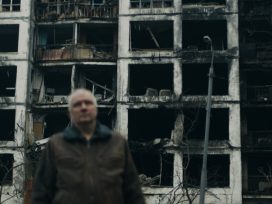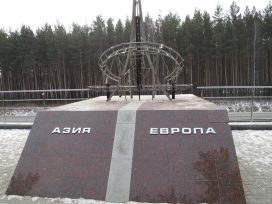Post-revolutionary Ukrainian society displays a unique mix of hope, enthusiasm, social creativity, collective trauma of war, radicalism and disillusionment. With the Maidan becoming history, the focal point ‘Ukraine in European Dialogue’ explores the new challenges facing the young democracy, its place in Europe, and the lessons it might offer for the future of the European project.
This focal point stems from the project ‘Ukraine in European Dialogue’ at the Institute for Human Sciences (IWM) in Vienna. The focal point is edited by Katherine Younger at the IWM. From 2016 to 2018 it was edited by Tatiana Zhurzhenko. Further texts have been contributed by journals in the Eurozine network.

In collaboration with
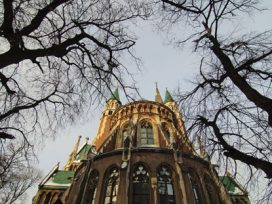
When Pope Francis and Patriarch Kirill met in Havana, for one part of the Catholic Church the past seemed to be repeating itself, writes Katherine Younger. In the nineteenth century, the Ukrainian Greek Catholic Church found itself in the middle of both diplomatic negotiations and ideological clashes between the Vatican and Russia – and it is again today.
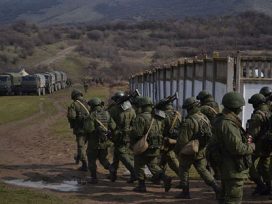
From peninsula to island
Crimea two years after annexation
Though Russia’s annexation of Crimea in March 2014 moved at breakneck pace, it followed a long anti-Ukrainian propaganda campaign. Ekaterina Sergatskova, a former Russian journalist who lived in Crimea for some years before moving to Kyiv, describes the growing mutual alienation between the inhabitants of the peninsula and mainland Ukraine.
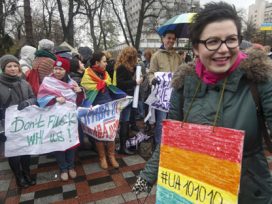
A litmus test for post-Maidan democracy
Anti-discrimination legislation
The political discourse on LGBT rights has shifted in Ukraine after the Maidan and as a result of the conflict with Russia, which aggressively promotes “traditional values”. However, writes Maria Teteriuk, the efficacy of recent legal reform concerning LGBT rights, introduced as part of the visa-free deal with the EU, remains to be seen.
Diaries and memoirs of the Maidan
Ukraine from November 2013 to February 2014
In these impressions of the Maidan protests collected by Timothy Snyder and Tatiana Zhurzhenko, one hears the voices of those who witnessed history in the making. The role of civil society and the Russian-speaking middle class, as well as individual existential decisions, also come to the fore.


